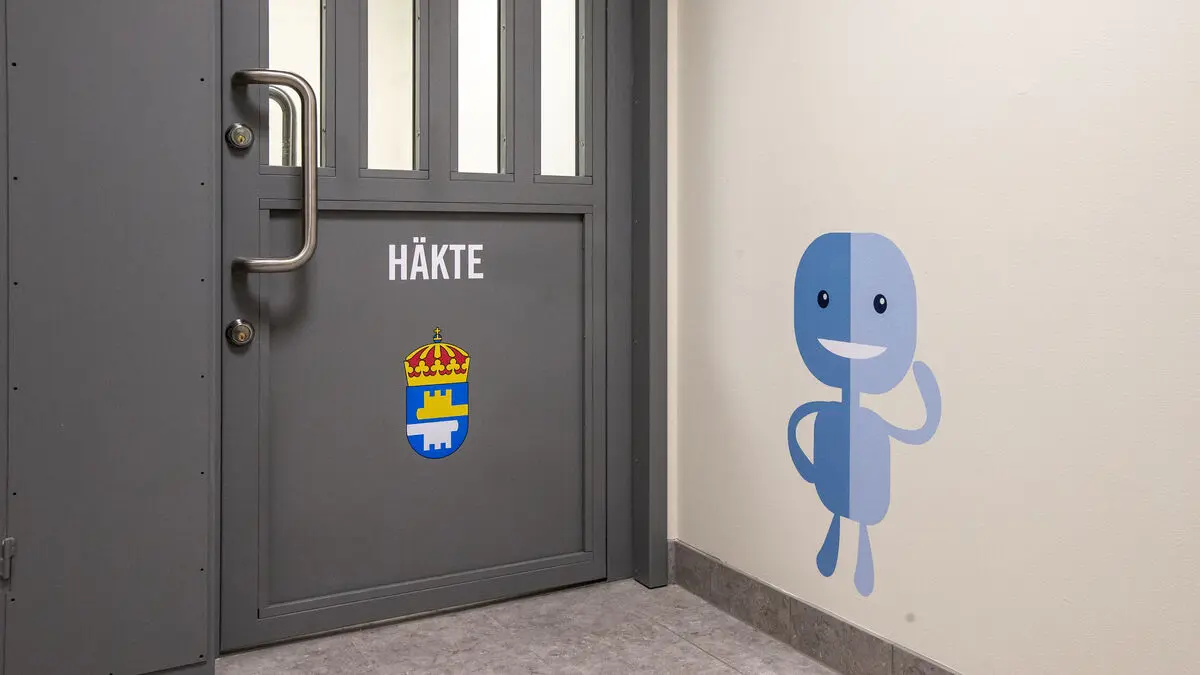Extremely surprising, the wind power industry thinks.
"It's problematic that the government categorically closes off an entire area for potential electricity production without a proper comprehensive assessment", writes the industry organization Svensk Vindenergi in a press release.
The wind power that the government says no to potentially concerns 140 terawatt-hours (TWh) of annual electricity production, almost as much as Sweden's total electricity production today.
"The government's decision raises questions about how Sweden will solve the climate transition and Swedish competitiveness", writes Svensk Vindenergi.
Wasted away
The political opposition adds:
It seems like these four years will be completely wasted when it comes to new power production in Sweden. The government has wasted away the entire mandate period. Almost no investment decisions are made, says Fredrik Olovsson, energy policy spokesperson for The Social Democrats.
He sees the 13 noes that the government has made decisions about – with only one yes in the balance – as part of a larger problem.
So far, it hasn't mattered whether the government has given a positive message or not. No investment decisions are made anyway, due to the deteriorations that the government has introduced for offshore wind power, says Olovsson.
"A death blow"
Rickard Nordin from The Center Party describes Monday's message as "a death blow for the electrification of Sweden" and doesn't buy that one refers to defense interests.
It's just bad excuses from the government to avoid building out the renewable. We know that in other countries, the defense forces and the wind power industry collaborate. The government has pointed out climate change as an acute threat to Sweden. This simply doesn't add up, says he.
The Left Party agrees:
This is a major failure for the government. They blame the defense forces, but it's the government's responsibility to get a dialogue and a functioning energy supply going, says Birger Lahti, energy policy spokesperson for The Left Party.
The government's message effectively closes the door for all new wind power in the Baltic Sea, according to The Green Party.
"If the government had wanted to move forward with offshore wind, they would have given the defense forces the task of looking into technical solutions that take into account both defense needs and the need for more electricity production", writes Linus Lakso, energy policy spokesperson for The Green Party in an email.






